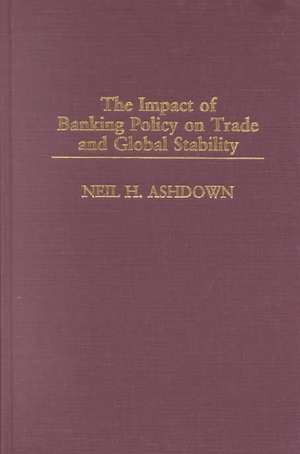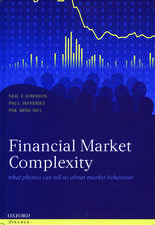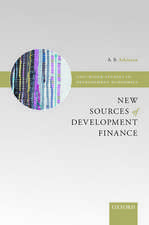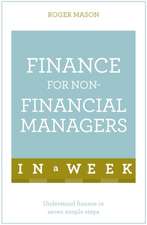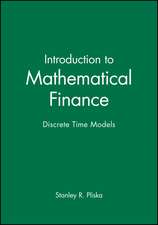The Impact of Banking Policy on Trade and Global Stability
Autor Neil H. Ashdownen Limba Engleză Hardback – 29 sep 2002 – vârsta până la 17 ani
Preț: 459.41 lei
Preț vechi: 636.65 lei
-28% Nou
Puncte Express: 689
Preț estimativ în valută:
87.91€ • 92.02$ • 73.17£
87.91€ • 92.02$ • 73.17£
Carte tipărită la comandă
Livrare economică 01-15 aprilie
Preluare comenzi: 021 569.72.76
Specificații
ISBN-13: 9781567205220
ISBN-10: 1567205224
Pagini: 160
Dimensiuni: 156 x 235 x 17 mm
Greutate: 0.38 kg
Ediția:New.
Editura: Bloomsbury Publishing
Colecția Praeger
Locul publicării:New York, United States
ISBN-10: 1567205224
Pagini: 160
Dimensiuni: 156 x 235 x 17 mm
Greutate: 0.38 kg
Ediția:New.
Editura: Bloomsbury Publishing
Colecția Praeger
Locul publicării:New York, United States
Notă biografică
NEIL H. ASHDOWN is Deputy Director of the Governor's Office of Planning and Budget for the State of Utah. In addition, he teaches in the Master of Public Administration program at the University of Utah.
Cuprins
IntroductionInstitutional vs. Realist ModelsBanking on the Fed for a Healthy EconomyThe Cultural Evolution of Institutions in the United StatesMonetary Policy, Foreign Exchange, and TradeFinal ThoughtsAppendicesReferences
